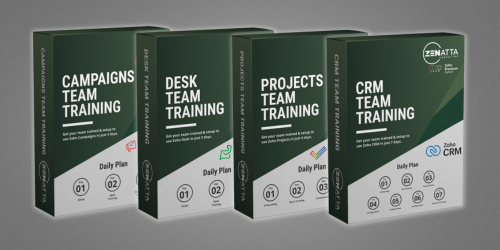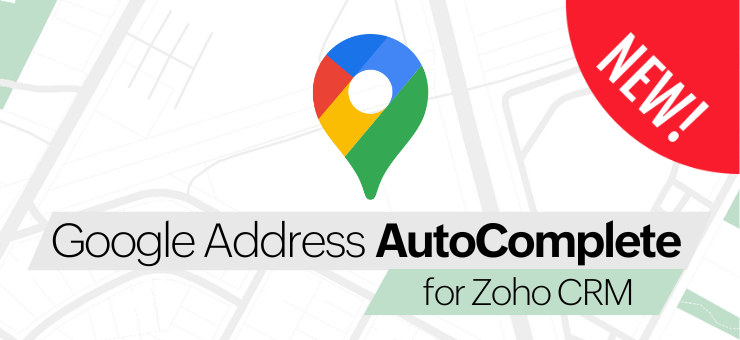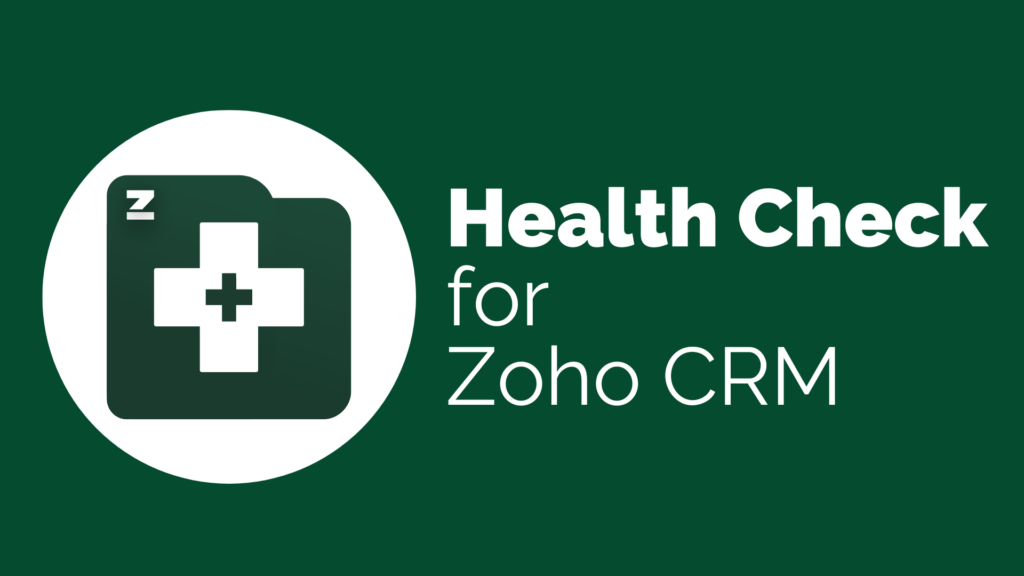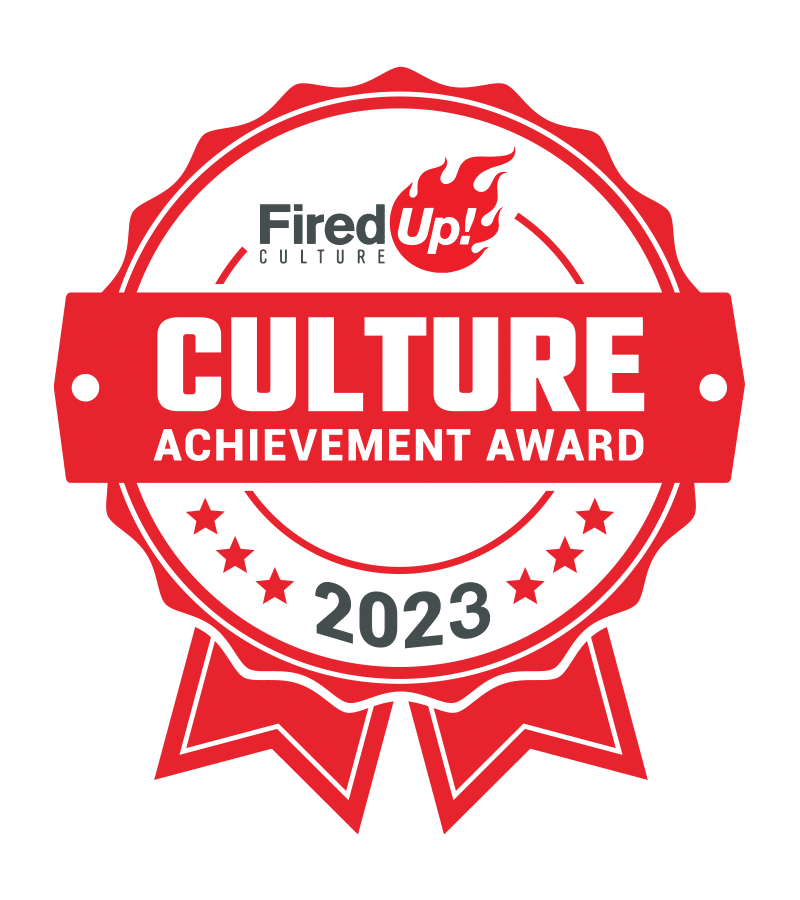When interviewing prospective employees, you want to gain pertinent information that helps you make a well-informed decision. The interview process is an ideal time to study the person sitting across from you. What do you want to know to be sure they are a true asset to your company? Just as job applicants study and prepare to answer your questions as best they can, you, too, can benefit from preparing for your interview questions.

You want your queries to bring forth the very best a potential employee has to offer.
Behavioral interviews have taken hold in today’s market and lead to the most successful hires. They focus on open-ended questions that require more than a yes or no answer. Replies reveal the mindset, character, abilities, interpersonal skills, and self-awareness of the candidate.
By asking thought-out questions, you discover whether the person you’re considering for the position fits in with your organization. It’s not just about work experience and education. The right person can learn additional skills on the job, if necessary.
However, some qualities are harder to come by and train. Someone who possesses these virtues might turn out to be a far better choice for you in the long run.
How Do You Come Up With the Best Interview Questions to Ask?
Start by writing down what matters to you most and rank them. For example, you may want:
1) Someone with a go-getting, never-give-up attitude
2) A person with ambitions that align with the company
3) Knowledgeable candidates in the areas required for the position
4) A team player that works well with others
5) Someone who owns up to mistakes rather than making excuses
List other qualities important to you, such as creativity, confidence, good communication, a strong work ethic, or honesty. Also, consider the deal-breakers that would alert you to pass on a potential employee. For example, dishonesty, transferring blame, talking poorly of former work colleagues, or lacking excitement for the position.
Now you’re ready to design queries that hit upon these areas and elicit the information you need to hire wisely. When preparing, try to use the same questions with every candidate. That way, it’s easier to compare each of them.
You also want to make sure to set aside enough time to conduct your interviews without interruption. Comprehensive meetings usually take from 45 to 60 minutes and require your full attention.
The following five questions help you get to know your prospective employees and lay the groundwork for an insightful and productive interview.
1) Why Do You Want to Work Here?
This question seems pretty standard, but it is an invaluable one that quickly displays how well the candidate knows your business. It becomes a springboard into a conversation about why they like your company. From there, you get an idea of how they would describe it to a potential customer when they talk about your business with you.
Does the applicant understand your mission and seem excited about your product? You realize how well they fit in. In contrast, if their enthusiasm doesn’t correspond with what your company is about, you already see a red flag.
The conversation brought on by this question lends itself to inquiring further about:
- Their ideal work climate
- What would make them happy and motivated at your company long-term
- The things they value most in their work relationships and workplace
Elaborate By Asking How They Would Improve Your Business
Why they want to work for you leads right into this question. You can frame it in a variety of ways.
- What would you do the first week on the job?
- If you were CEO of this company, what actions would you take?
- How could you improve my business right now?
Real-Life Situations or Work Sample Testing
If necessary, follow up with real problems or situations your company faces and how they would handle them. Ask them to sit at the computer and figure out a solution to something you need help solving.
You’ll learn whether the candidate has the attitude and abilities to think on their feet and work well in the areas you need them most.

Hypothetical questions you foresee as possible work situations in the future become ways to measure their resourcefulness, as well. It also shows how much research they’ve done and what thought they’ve put into working for you.
2) What are Your Weaknesses and How Will You Improve Them?
The answer to this question reveals a lot about the applicant.
- Are they self-aware?
- Do they take responsibility?
- Is learning central to them?
- Do they continue to develop good habits?
Ask About Their Strengths, Too
In the name of fairness, let the candidate counter their weaknesses with what they believe are their greatest strengths. Let them explain how these can contribute to your business. Inquire about previous accomplishments they are most proud of and what unique qualities they have.
3) How Have You Handled Conflict With a Manager, Coworker, Customer?
You can choose one or all of the people they may have had challenges with at their previous job. How the candidate discusses the subject tells you a lot about them.
- Did they deal with the issue confidently and fairly?
- Did they display impressive communication skills?
- Were they able to help the other individual involved understand their side?
- Did they appreciate the other’s concerns and find a reasonable resolution?
As potential hires explain the situation, did they admit fault, learn from the experience, handle disgruntled customers or colleagues with respect and stay positive? You receive far more valuable information than how many years they’ve worked in the field and what degree they have.
Also, you get a sense of how honest they are and don’t want to hire someone who complains and acts like a victim. You want someone skilled at working well with others and finding remedies to problems.
Give the Candidate a Worst-Case Scenario
Use a hypothetical situation to test their resilience and determination further. Doing so opens up conversations about how they would handle something going wrong while working for you. Pose an overwhelming, worst-case scenario day.
For example—two projects due, a missed meeting, emails needing responses, new social media ads to post and the computers crashing. Pull from past experiences to make them more relevant.
How would they deal with it? You learn more about their thinking and attitude.
- Do they prioritize, and what do they put first?
- Do they help someone else out that’s struggling even though they feel swamped?
- How would they navigate through the situation? Do they have a logical or creative approach?
4) What is Your Passion?
It may seem like a dispensable interview question, but it could be the most telling of all. Let’s say your candidate talks about their love for music and composing or photography. Their face lights up, and an intriguing conversation ensues. It helps you know and understand them better. However, you also find out whether their personality fits with what your business does.
Variations of this question might include:
- What kind of work would you do even if you didn’t get paid?
- Would you do it still if you won the lottery?
- What do you love to do?
- Where do you see yourself in five years?
- What makes you excited about this job?
Not only do you gain insight into this prospective employee, but things become more evident for the interviewee, as well. Maybe you both realize it isn’t a good fit or just the opposite. Perhaps their passions and life goals align perfectly with your business, and their enthusiasm becomes apparent.
The question brings out more than just the—tell me about yourself—version when candidates list off their work experience and education. Mostly, they tell you what they think you want to hear.
You already have most of that information from their cover letter, and a good resume gave you enough interest to set up an interview in the first place. Now you get to discover what makes them tick.
Even if their passions don’t line up entirely, you may respect and admire their interests and find them worthwhile to bring into your company.
5) What Have I Not Asked You That I Should Have?
How many times have we been on the other side of the equation with great things to say about ourselves that show how well-equipped we are for the job, only to have the interview questions barely scratch the surface or side-step it all together?
You give potential employees a chance to divulge more of what they bring to the table. And that’s not the only thing you learn about them.
Do they ramble on about things that seem irrelevant to the job you’re offering? In a matter of seconds, you’ll know that they’re wrong for the company. Do they speak confidently, or do they become extremely nervous? If you need someone who thinks fast, communicates well with clients, or gives presentations, you may conclude that they are not up for the position.
However, getting nervous at an interview is understandable. Usually, the candidate’s attributes will stand out when they reflect the criteria on your list of musts.
Flip The Interview Questions Around: How Do They Read You?
This question is sure to surprise and puts the interviewee in an awkward position. How will they handle it?
Do they butter you up to score points or demonstrate a perceptive personality along with a willingness to be forthright? Do they offer insight that becomes helpful for you, or does their personality clash with yours?
It seems like the right time to inquire about the type of management style and work culture they prefer.
- Do they do best when working independently, or do they prefer regular guidance and working with teams?
- Are they comfortable going to their boss with a problem, or do they try to work it out themselves?
- Do they believe in honest communication in the workplace?
Your comfort level with open, honest conversation comes through. The more willing you are to ask tough questions you both gain from, the more equipped you’ll be for making the right hiring decision.

Conclusion
A fruitful interview process involves an in-depth conversation. It allows you the opportunity not just to hear the candidate’s words but view their body language, tone, confidence level and attitude. Somewhere during the conversation, you’ll get a strong sense of whether or not they’ll be a benefit and blessing to your business.
Make sure your queries give ample opportunity for the characteristics you care about to come forward. You’ll recognize soon enough when a prospective employee starts checking off all the boxes.
Sometimes fun, random interview questions help ease the tension and provide beneficial information about your job seeker. Find additional creative query ideas from a network of fellow business owners, advisors, and entrepreneurs.
Do you have a way to keep track of your applicants? Check out Zoho Recruit and see if it can help!









